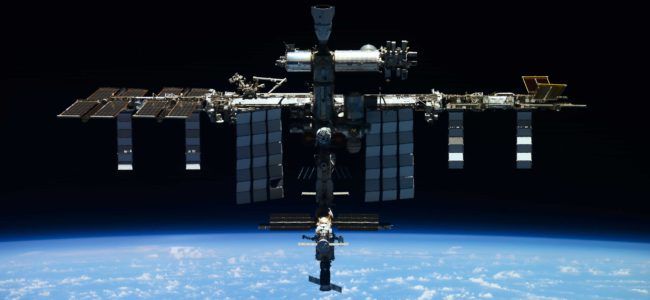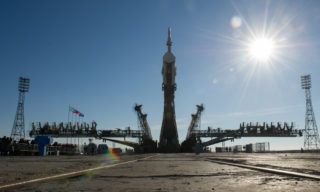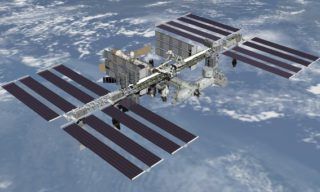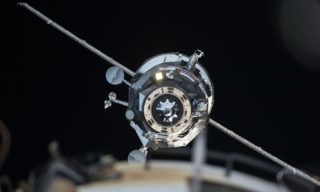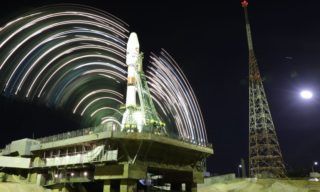Science hardware Icarus, installed on the Russian Segment of the International Space Station as part of the Uragan space experiment developed by RSC Energia (forms part of the State Corporation Roscosmos), keeps operating and providing Russian scientists with unique information on migration of animals and birds on the planet. This data enables the national science to save endangered species of fauna, draw conclusions about the ecological state of the Earth, and identify possible ways of contagion and carriers of dangerous infections.
Today, core institutes of the Russian Academy of Sciences, the national park and natural reserves receive relevant information on flight routes, migration stops and wintering grounds for rare bird species, such as the steppe curlew and peregrine falcon. The birds are equipped with special sensors that transmit signals to the ISS equipment. The program objective is to prevent the real threat of extinction of bird species listed in the Russian Red Book. The experiment participants and ornithologists hope that tracking bird travels from space will make it possible to understand the reasons for the reduction of area and number of these species, and take effective measures to conserve them.
Data on the migration of birds and small mammals obtained using the Icarus hardware is of the utmost interest to medicine. About 70% of the world’s epidemics were caused by infectious diseases that arose due to virus transmission from wild animals to domestic animals or humans (atypical pneumonia, West Nile virus, bird flu). Research in this area using Icarus is now being carried out by the Stavropol Anti-Plague Institute. The local migrations of the small ground squirrel, being a carrier of highly infectious diseases on the territory of Dagestan, are being studied.
– The research results confirm the effectiveness of the technology created on the ISS RS, – says Mikhail Belyaev, head of department for preparation, support of space experiments and mathematical modeling of RSC Energia, research supervisor of the Uragan experiment. – It can be used to predict dangerous and catastrophic events, such as earthquakes, vectors of human diseases, etc. It can be also useful to monitor dangerous glaciers, landslides, etc. Currently, new Russian migration research programs using the existing sensors are initiated. To develop this technology, we are planning to manufacture sensors of different applications in Russia. In this regard, active efforts are being made by the space department of Mytishchi branch of N.E. Bauman Moscow State Technical University. New options for developing transceivers that can steadily operate at low temperatures are being studied, that is important for tasks being solved on the territory of our country.




